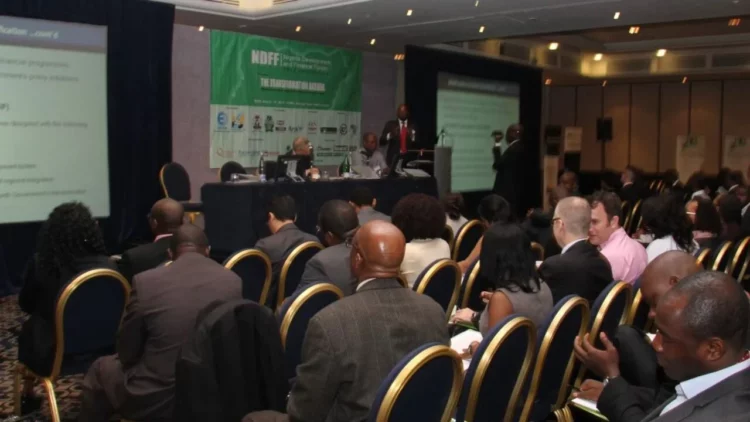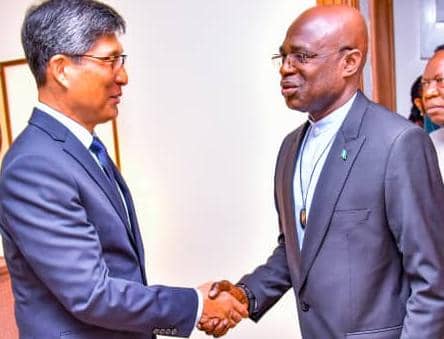By Milcah Tanimu
At the Nigeria Development and Finance Forum (NDFF) 2024 Conference held in Abuja on May 8-9, stakeholders and participants urged the federal government to establish efficient and cost-effective frameworks for delivering palliatives to vulnerable citizens. This was one of 15 recommendations made to enhance the economy, under the theme “The Road to Economic and Social Welfare Transformation.”
Participants unanimously agreed that providing palliatives is essential to cushion the impact of economic shocks. In a communique signed by the NDFF director, Jide Akintunde, it was noted that the demand for palliatives will persist due to recurring global and local economic, social, and climate crises.
The conference underscored the need for policies that improve the business environment, incentivize production, and boost industrial capacity. Market reforms were also highlighted, with an emphasis on rebuilding institutions using a values-driven and efficient approach. Investment in health, education, and industrialization was identified as crucial for sustainable socio-economic development in Nigeria.
On governance and institutional development, the conference recognized good governance, leadership skills, and a coherent economic agenda as essential for long-term investment confidence. The National Agency for Food and Drug Administration and Control (NAFDAC) was cited as an example of incremental progress and the importance of enabling critical success factors.
Participants stressed the necessity of policies promoting gender equality and supporting women in business, recognizing these measures as vital for economic transformation. The conference also acknowledged the significant growth opportunities offered by Nigeria’s blue economy, calling for incentivization and investment promotion in this sector.
The tangible impacts of climate change were discussed, particularly its effects on agriculture, food security, and conflicts such as herders-farmers clashes. The conference emphasized the need for mitigation and adaptation actions, including implementing green economic growth frameworks, to address climate vulnerabilities.
The importance of public-private-international sector collaboration was highlighted as vital for developing innovative regulatory and financing frameworks for sustainable economic progress. Platforms like the NDFF conference were recognized for facilitating high-level networking and idea generation to drive economic development, resilience, and inclusive progress in the country.
The recommendations from the NDFF conference stress the urgent need for proactive measures, policy reforms, and collaborative efforts to tackle Nigeria’s economic challenges. By focusing on these key areas and implementing the proposed solutions, Nigeria can build a more resilient and sustainable economic future for its citizens.





